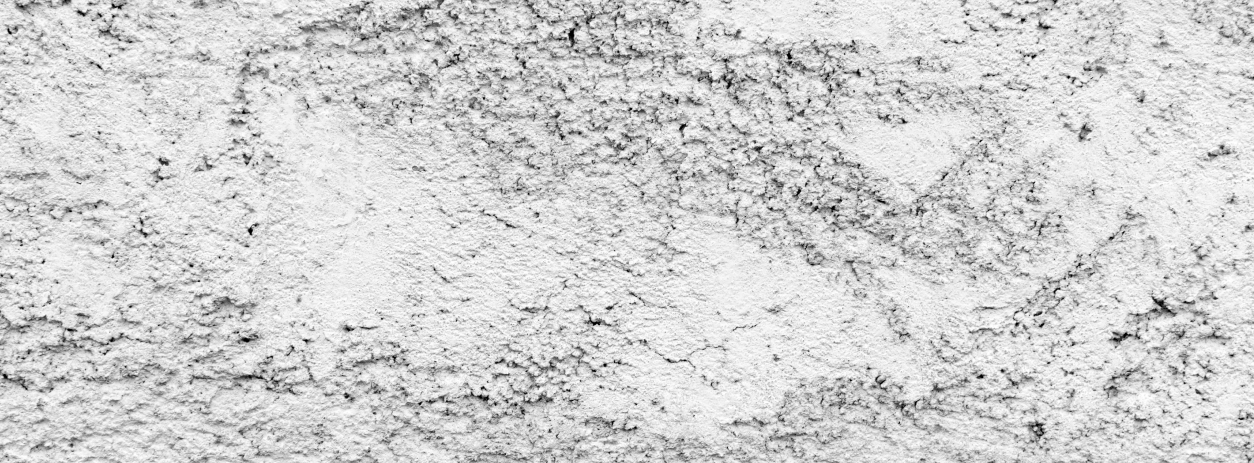
Creatine monohydrate has long been recognized as a powerful supplement for athletes, but its benefits extend far beyond the gym. This naturally occurring compound, plays a crucial role in cellular energy production, particularly in high-energy demand tissues like muscles and the brain. As research continues to unveil its diverse effects, creatine is gaining recognition for its potential to enhance both physical performance and cognitive function.
Physical Performance Benefits:
Creatine's most well-known effects are on physical performance. By increasing intramuscular creatine stores, it enhances the creatine phosphate energy system, crucial for regenerating ATP during high-intensity, short-duration activities [1]. This translates to several measurable benefits:
- Increased Muscle Strength: A 2003 meta-analysis found that creatine supplementation increased maximal strength by an average of 8% compared to placebo [2]. This improvement is particularly noticeable in activities requiring explosive strength, such as weightlifting or sprinting.
- Enhanced Power Output: Creatine is especially effective for activities requiring repeated bouts of high-intensity effort. Vandenberghe et al. (1997) demonstrated a 20-25% increase in maximal power output during repeated sets of maximal effort knee extensions [3].
- Muscle Mass Gains: When combined with resistance training, creatine supplementation typically leads to 1-2 kg greater gains in lean body mass compared to placebo over a few weeks of training [4].
Cognitive Health Benefits:
While less widely known, creatine's effects on cognitive function are equally impressive:
- Brain Energy Metabolism: The brain, despite accounting for only 2% of body weight, consumes about 20% of the body's energy. Creatine supplementation may enhance brain energy capacity, particularly during challenging cognitive tasks [5].
- Improved Cognitive Function: Rae et al. (2003) found that creatine supplementation improved both working memory and intelligence tests, with particularly notable effects in vegetarians who typically have lower baseline creatine levels [6].
- Neuroprotection: Emerging research suggests creatine might have protective effects against neurological disorders such as Parkinson's disease, Huntington's disease, and amyotrophic lateral sclerosis (ALS), though more studies are needed to confirm these effects in humans [7].
- Mental Fatigue Reduction: McMorris et al. (2006) demonstrated that creatine supplementation reduced mental fatigue and maintained cognitive performance during demanding mental tasks, suggesting potential benefits for individuals engaged in cognitively demanding work or study [8].
Addressing the Hair Loss Misconception:
A persistent myth surrounding creatine supplementation is that it causes hair loss. This misconception likely stems from a single study by van der Merwe et al. (2009) that suggested creatine might increase dihydrotestosterone (DHT) levels, a hormone associated with male pattern baldness [9]. However, it's crucial to understand the limitations of this study and the broader context:
- The study was small, short-term, and did not directly measure hair loss. It only observed a slight increase in DHT levels.
- Subsequent studies have not replicated these findings or demonstrated any direct link between creatine supplementation and hair loss [10].
- The International Society of Sports Nutrition, in their position stand, states that there is no scientific evidence to support the claim that creatine causes hair loss.
- Despite decades of widespread use and numerous long-term studies on creatine, no research has established a causal relationship between creatine supplementation and hair loss.
Dosage and Safety:
The International Society of Sports Nutrition recommends a loading phase of 0.3g/kg of body weight per day for 5-7 days, followed by a maintenance dose of 3-5g per day. This equates to about 20-25g/day for a 70kg person during loading, then 3-5g/day for maintenance.
It’s worth mentioning that this is simply an example of how to reach full saturation of creatine within the muscle. Following this protocol some people may experience gastrointestinal discomfort or water retention especially during the loading phase. Loading phase was put in place for the muscle to achieve full saturation as quick as possible and it is perfectly fine to stick to the 5g per day dosage. The only difference in the end will be how long it took to reach the full creatine capacity.
References:
- Wax B, Kerksick CM, Jagim AR, Mayo JJ, Lyons BC, Kreider RB. Creatine for Exercise and Sports Performance, with Recovery Considerations for Healthy Populations. Nutrients. 2021;13(6):1915. Published 2021 Jun 2. doi:10.3390/nu13061915
- Cooper R, Naclerio F, Allgrove J, Jimenez A. Creatine supplementation with specific view to exercise/sports performance: an update. J Int Soc Sports Nutr. 2012;9(1):33. Published 2012 Jul 20. doi:10.1186/1550-2783-9-33
- Bird SP. Creatine supplementation and exercise performance: a brief review. J Sports Sci Med. 2003;2(4):123-132. Published 2003 Dec 1.
- Delpino, F. M., Figueiredo, L. M., Forbes, S. C., Candow, D. G., & Santos, H. O. (2022). Influence of age, sex, and type of exercise on the efficacy of creatine supplementation on lean body mass: A systematic review and meta-analysis of randomized clinical trials. Nutrition, 103–104, 111791. https://doi.org/10.1016/j.nut.2022.111791
- Forbes SC, Cordingley DM, Cornish SM, et al. Effects of Creatine Supplementation on Brain Function and Health. Nutrients. 2022;14(5):921. Published 2022 Feb 22. doi:10.3390/nu14050921
- Rae C, Digney AL, McEwan SR, Bates TC. Oral creatine monohydrate supplementation improves brain performance: a double-blind, placebo-controlled, cross-over trial. Proc Biol Sci. 2003;270(1529):2147-2150. doi:10.1098/rspb.2003.2492
- Adhihetty PJ, Beal MF. Creatine and its potential therapeutic value for targeting cellular energy impairment in neurodegenerative diseases. Neuromolecular Med. 2008;10(4):275-290. doi:10.1007/s12017-008-8053-y
- McMorris, Terry & Harris, R & Howard, A & Langridge, G & Hall, Ben & Corbett, Jo & Miller-Dicks, Matt & Hodgson, Christoher. (2007). Creatine supplementation, sleep deprivation, cortisol, melatonin and behavior. Physiology & behavior. 90. 21-8. 10.1016/j.physbeh.2006.08.024.
- van der Merwe J, Brooks NE, Myburgh KH. Three weeks of creatine monohydrate supplementation affects dihydrotestosterone to testosterone ratio in college-aged rugby players. Clin J Sport Med. 2009;19(5):399-404. doi:10.1097/JSM.0b013e3181b8b52f
- Antonio J, Candow DG, Forbes SC, et al. Common questions and misconceptions about creatine supplementation: what does the scientific evidence really show?. J Int Soc Sports Nutr. 2021;18(1):13. Published 2021 Feb 8. doi:10.1186/s12970-021-00412-w
